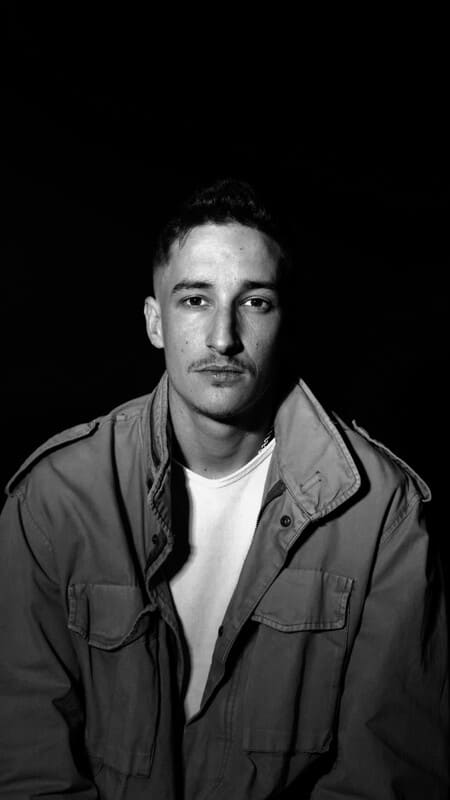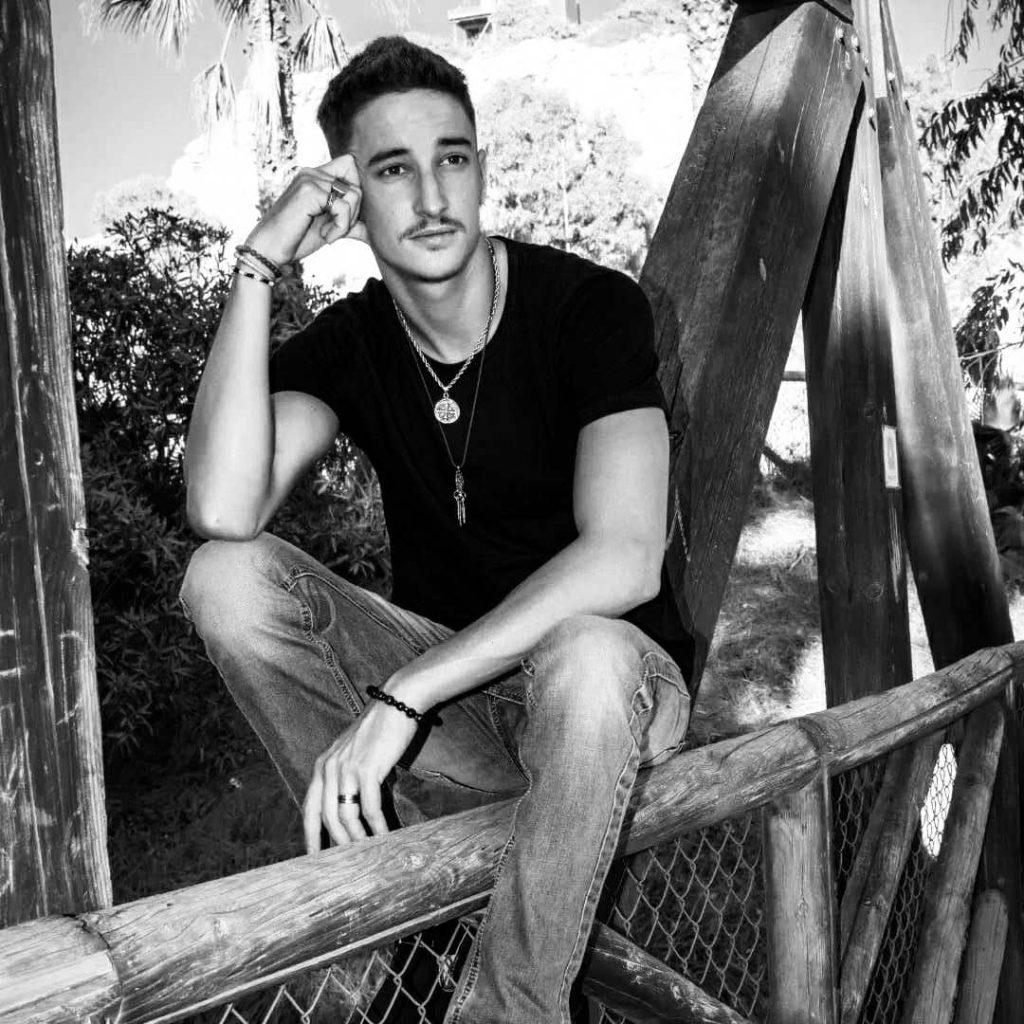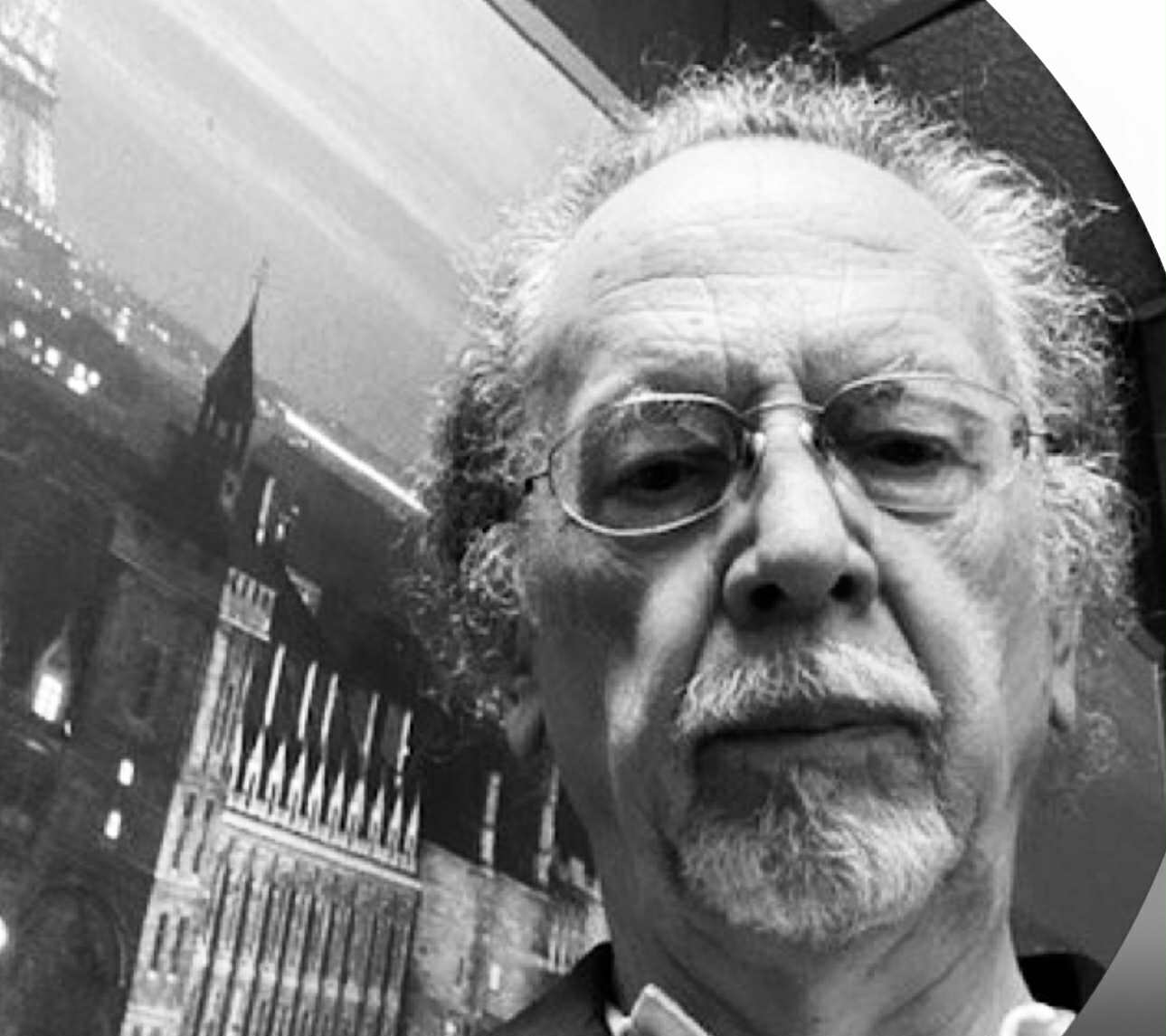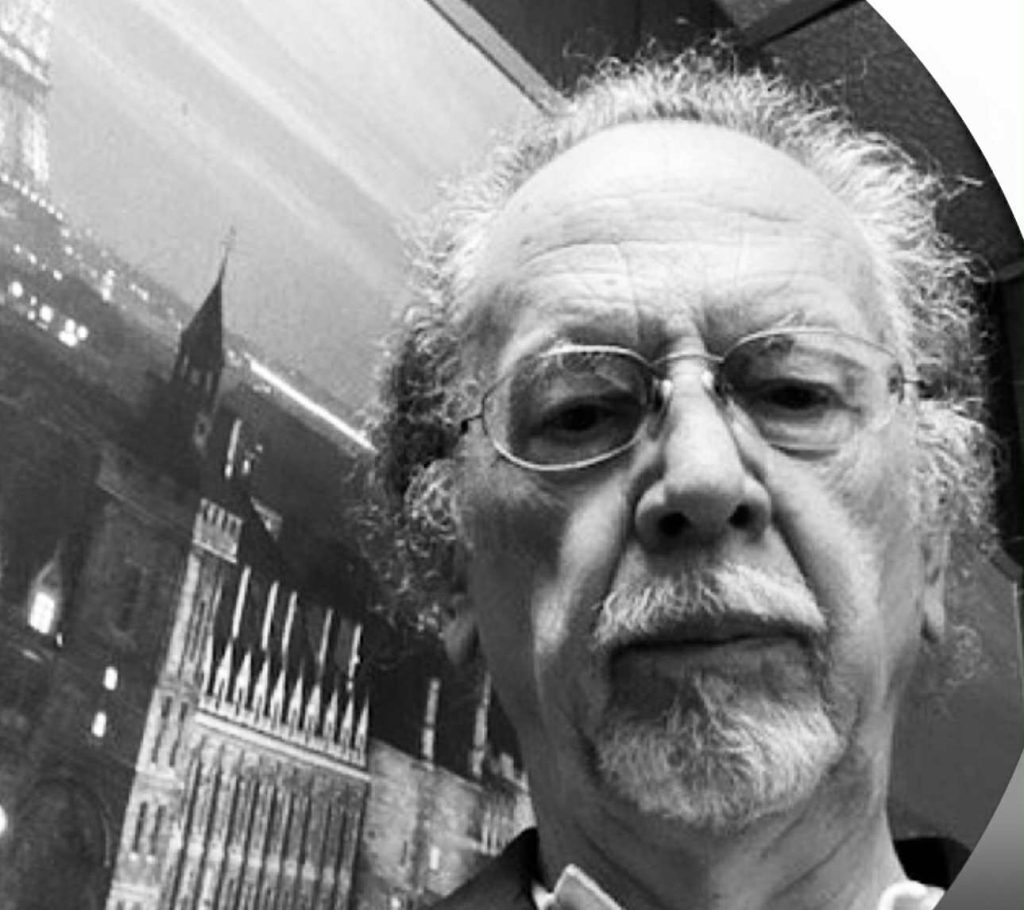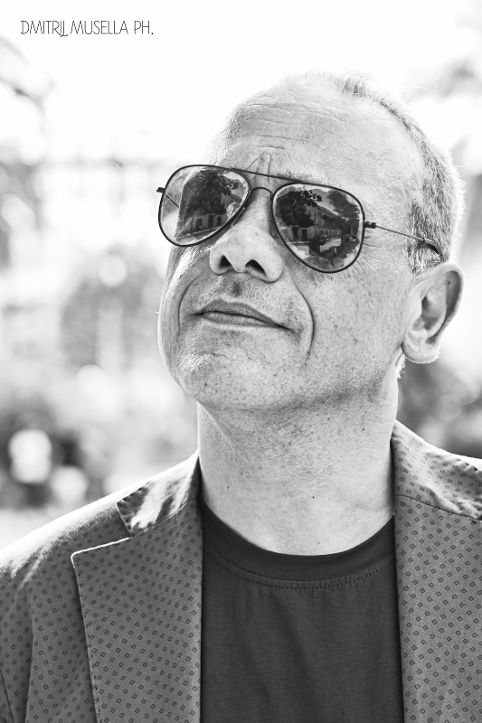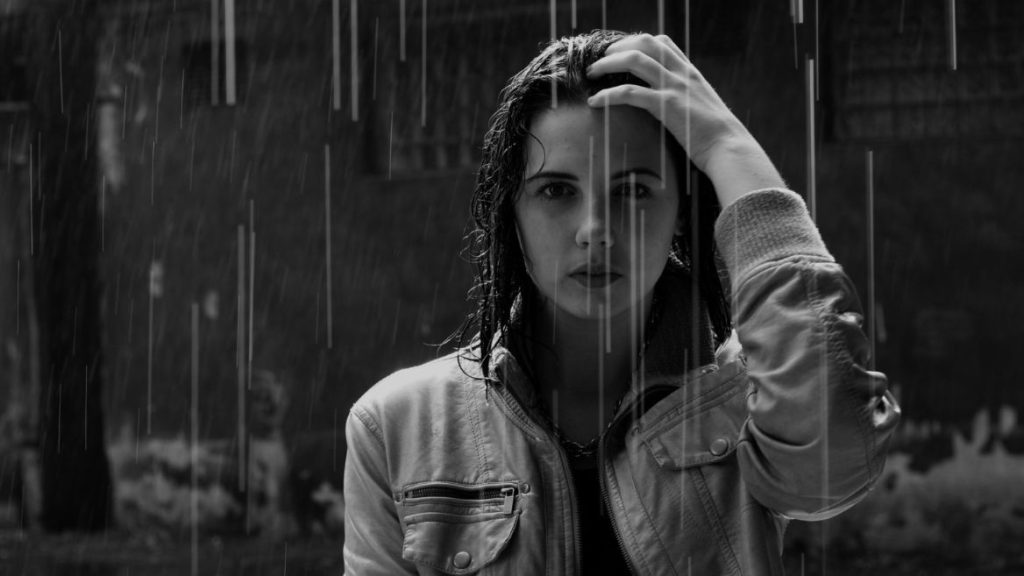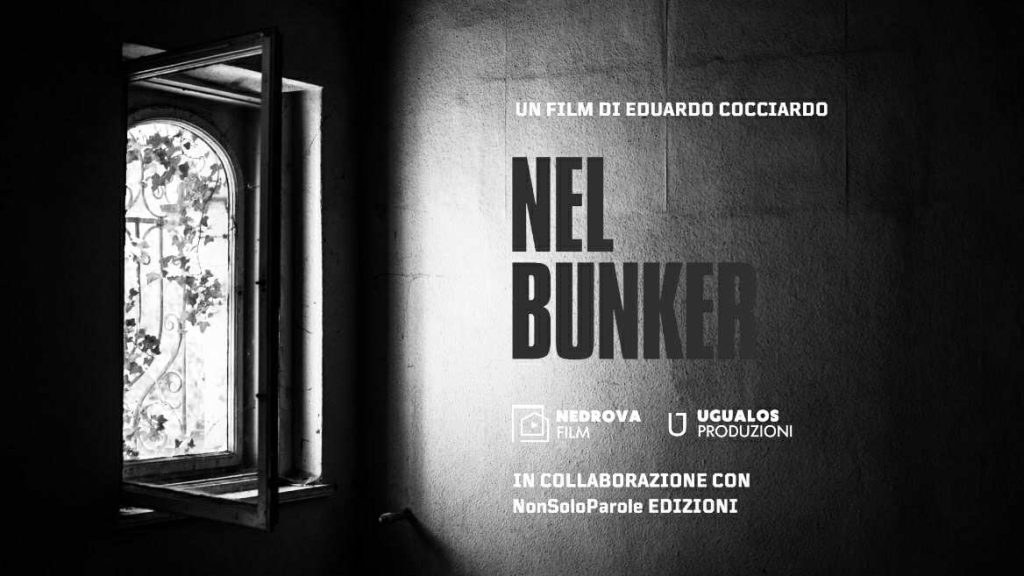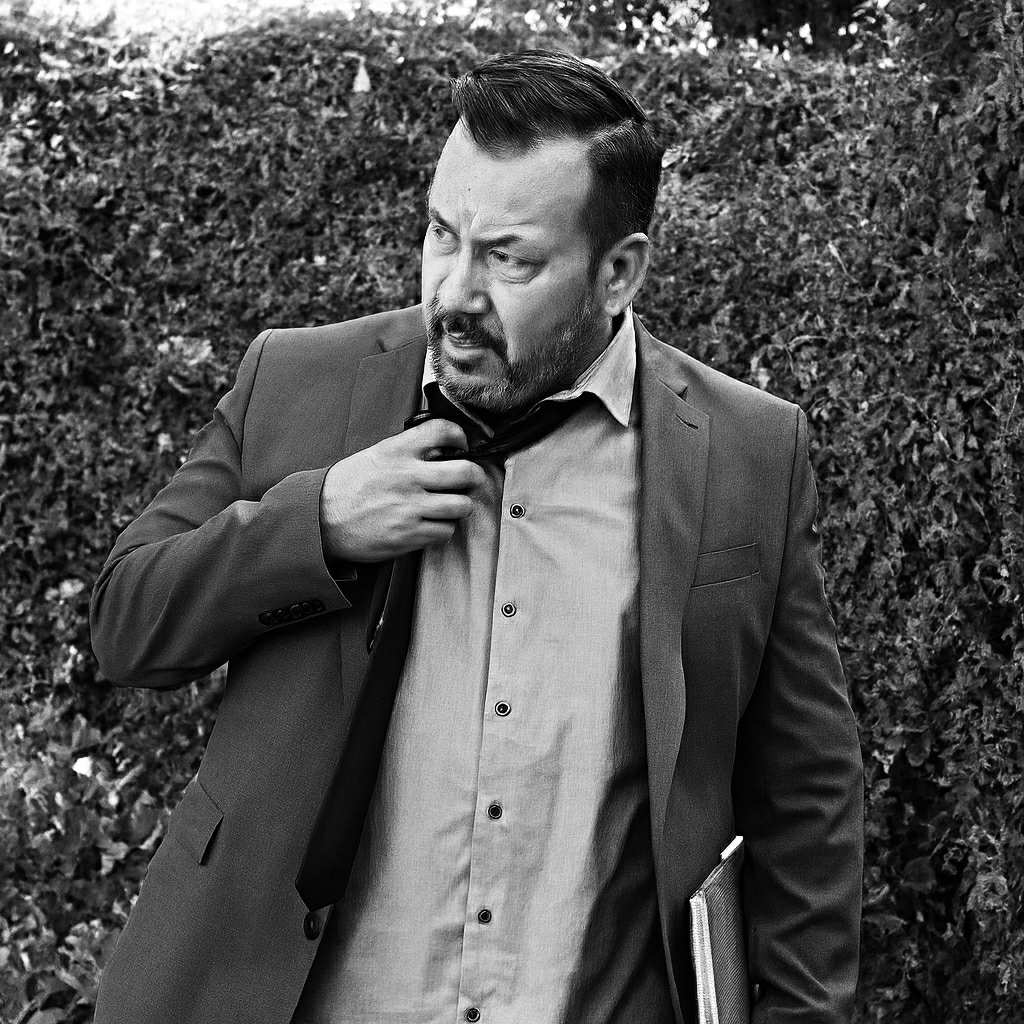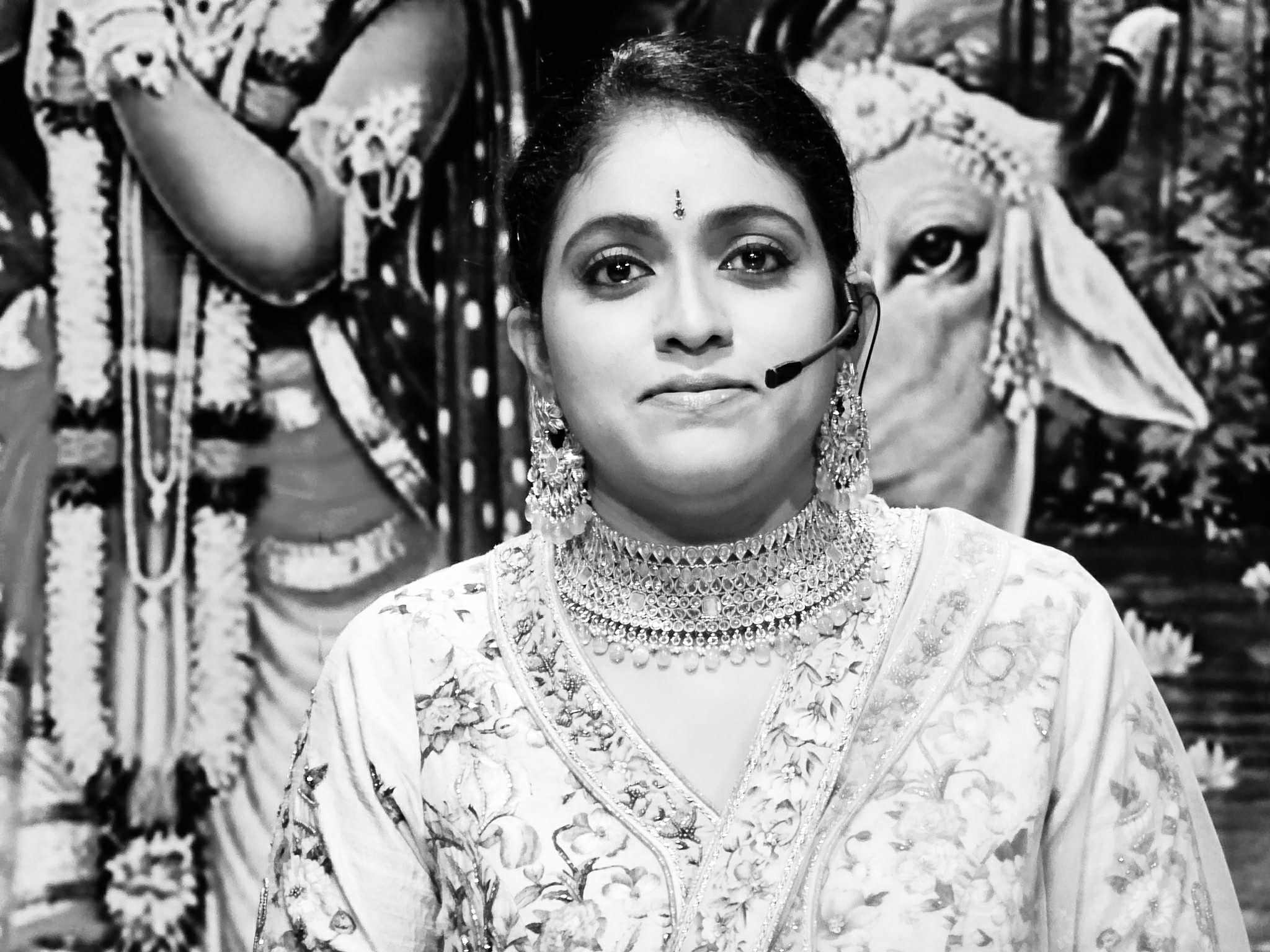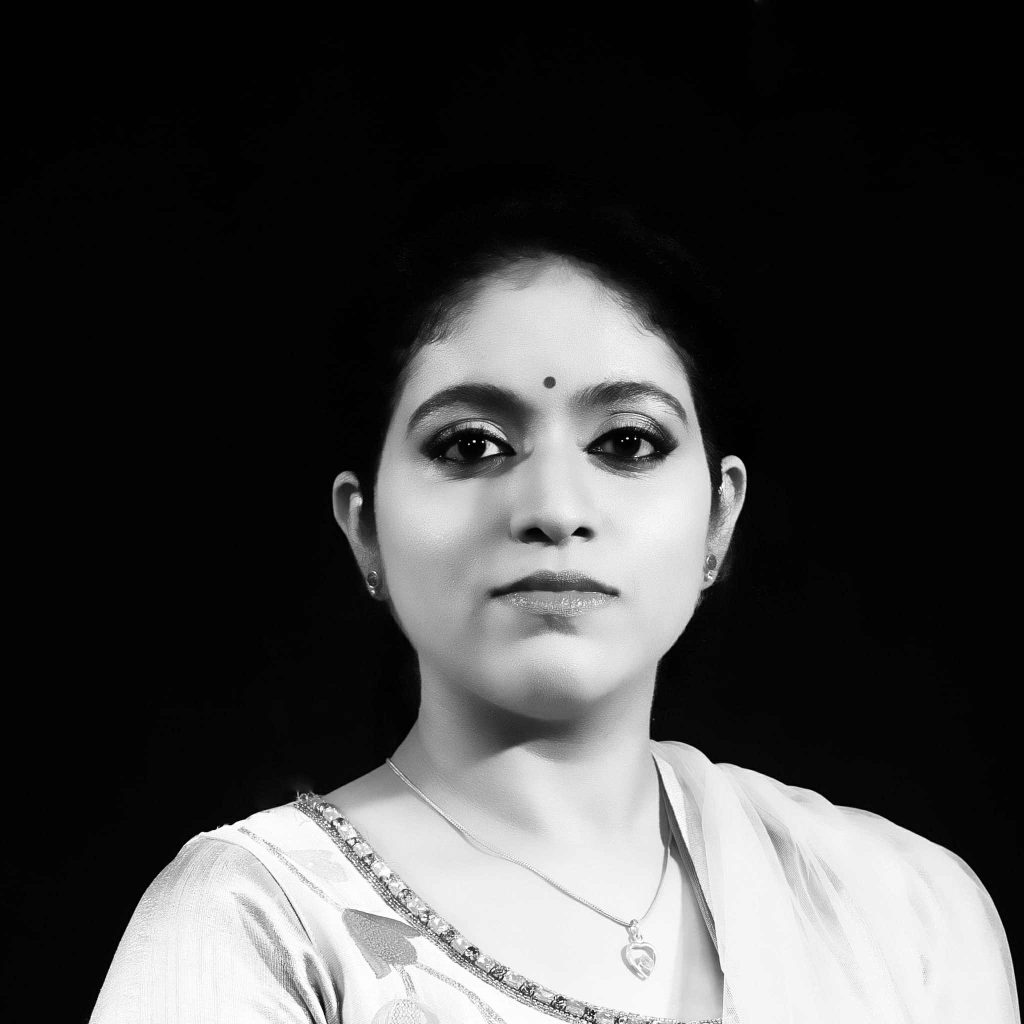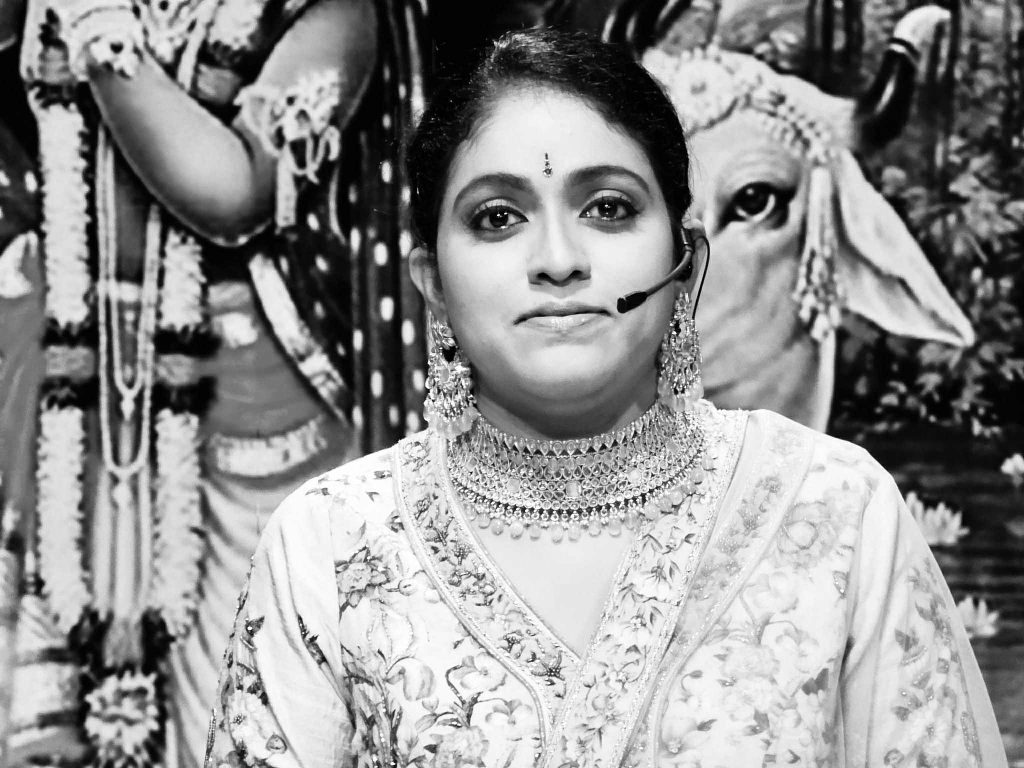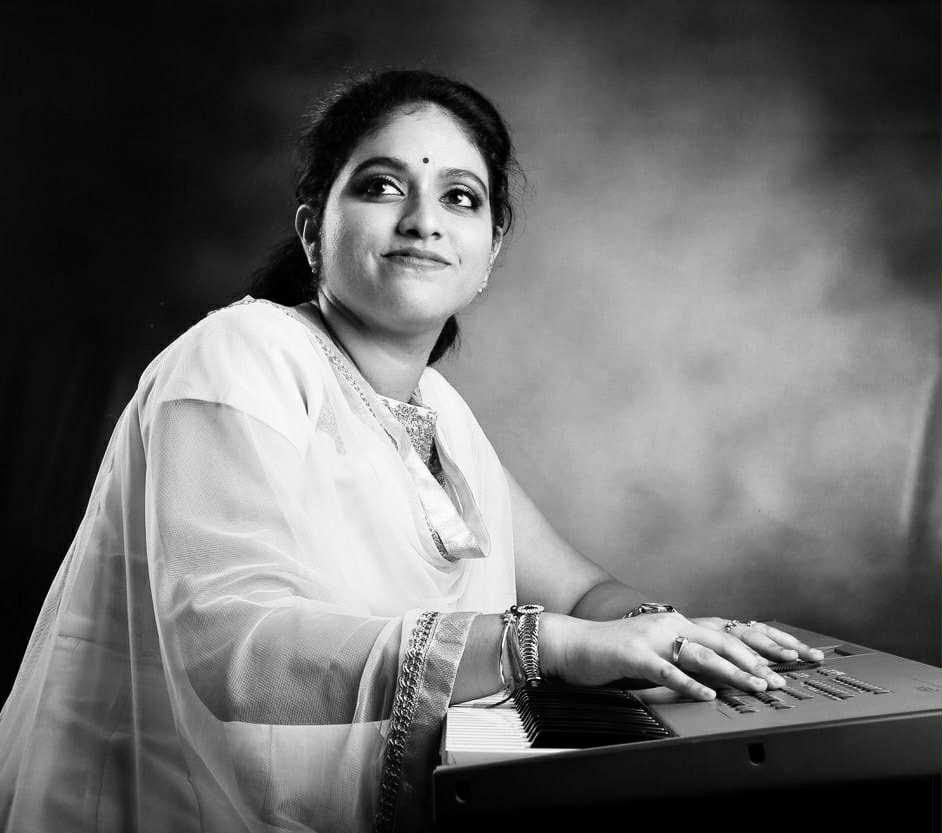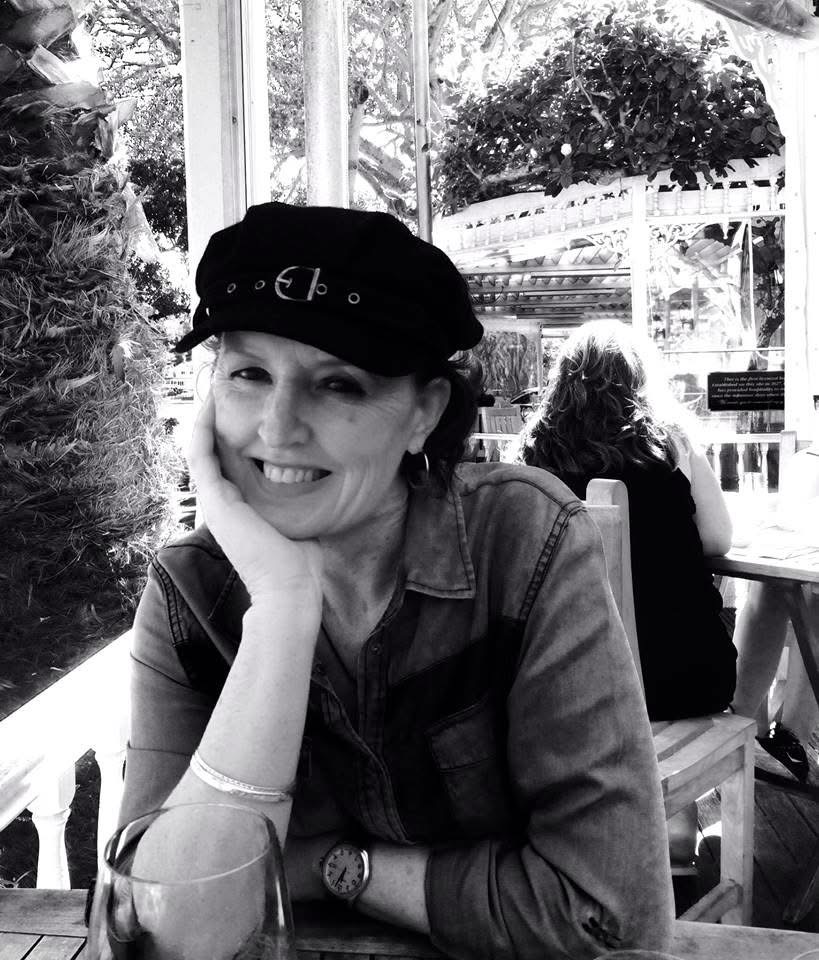
Who is Megan Rigoni?
I’m a playwright, screenwriter, and producer. A former primary school teacher, my journey into playwriting began in the classroom—writing for theatre-in-education and later for arts and health. Trading as Centre Stage Scripts, I write heartfelt plays and screenplays that educate, elevate and engage audiences.
My creative practice explores themes of resilience, connection, and social awareness, with a special focus on regional communities. Since 2011, I’ve specialised in writing touring plays for suicide prevention and mental health awareness. One such work, Carpe Diem, toured Australia for a decade (2015–2024) in partnership with leading organisations including Lifeline, PHN, Carers NSW, RAMPH, StandBy, and Headspace. The play was performed in cities and small rural towns, earning a NSW Government Partnership Award in 2016 for its positive community impact.
My youth mental health play The Rain Maker also toured nationally. During the pandemic, I adapted it into a 36-minute film—The Rain Maker Film—which now serves as a valuable wellbeing resource for high school students.
In 2025, I completed Lighthouse Radio, a socially charged stage drama exploring domestic violence, intergenerational trauma, resilience and the radical act of bearing witness. Touring is planned for 2026.
I live on a cattle ranch in the Australian Alps with my husband and our pets, while our adult children are based in Melbourne and nearby.
Do you remember the exact moment you fell in love with cinema?
I’ve always loved film, theatre, and acting. My parents met in the theatre in Perth, Western Australia, and my father—now 95—still recites pages of Shakespeare’s sonnets and soliloquies from memory.
My earliest cinematic memory is seeing Mary Poppins and Camelot with Vanessa Redgrave and Richard Harris. I went with my aunt, who adored musicals and romantic leads—Franco Nero as Lancelot was her crush for years! I was completely swept away by the music, romance, drama and her sheer enthusiasm. That moment sparked a lifelong love of storytelling.
Tell us about your project “Days Like These.“
Days Like These is a screenplay adapted from my stage play Carpe Diem. Both share an important message about mental health, friendship, and resilience. It’s a heartwarming rural dramedy about two lifelong mates, a struggling farming town, and the surprising power of friendship, therapy, and dance to save lives.
The screenplay has earned international recognition, including:
- Best Female Screenwriter – New York Screenplay Competition (2024)
- Best Australian Script – Best Script Awards, London (2022)
- Finalist – Melbourne International Screenplay Awards (2025)
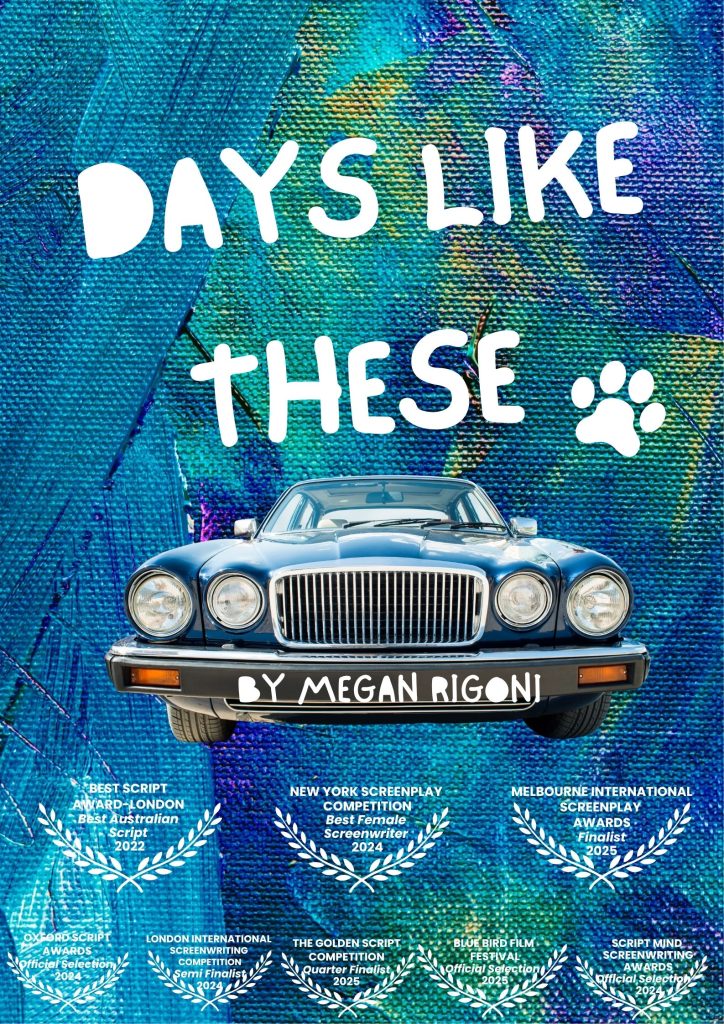
Which director inspires you the most?
There are many. I appreciate intelligent human dramas, exceptional acting and beautiful cinematography. Clint Eastwood continues to inspire and Sydney Pollack’s Out of Africa is a master class. I love films that champion a cause, demonstrating the frailties of human existence and justice triumphing. Tom McCarthy’s Spotlight is a perfect example and the fact that it is based on real-life events adds greater impact.
Rom-coms directed by Rob Reiner, Norah Ephron, and Nancy Meyers are comfort viewing. Mel Brooks’ films are wonderful and hilarious. Alejandro González Iñárritu and Guillermo del Toro are inventive and incredibly brave. For each, their vision and intelligence shines through.
What do you dislike about the world, and what would you change?
The growing abuse of power and corruption within governments concerns me deeply—the misuse of funds, the erosion of compassion, and the rise of authoritarianism.
Yet there is hope. Around the world, mass demonstrations give voice to the wave of frustration, outrage, and a demand for justice. They bring hope that governments are listening and being held accountable. The recent truce and ceasefire over Palestine are encouraging steps. And the Nobel Peace Prize awarded to María Corina Machado—for her tireless advocacy for democracy and human rights in Venezuela—sends a strong message: “enough is enough.”
These are unsettling but hopeful times. In Australia, though removed, we’re not immune. Concern for our fellow man is fortifying.
How do you imagine cinema in 100 years?
It’s difficult to know whether traditional cinemas will exist in 2125. AI and streaming services may dominate, with films primarily viewed on personal devices. But storytelling will endure—it’s part of our DNA.
Future filmmakers will continue to explore the power of the human spirit, the beauty of nature, and the stories of those who uplift humanity—scientists, activists, humanitarians, and visionaries like María Corina Machado. Technology will make filmmaking accessible to everyone. A smartphone, an editing app, and a story—that’s all it will take.
Change is inevitable, but cinema will always mirror it, reflecting how we evolve and adapt. I expect in 100 years humanity will be much more compassionate, less materialistic, and have greater work-life balance allowing more time for creative ventures such as filmmaking.
What is your impression of WILD FILMMAKER?
WILD FILMMAKER is a brilliant and necessary platform—a bridge between traditional cinema and the bold, innovative paths ahead. It celebrates creative freedom and visionary storytelling, offering filmmakers a space to share authentic voices and ignite change.
I congratulate you on your forward-thinking approach and your continued support of independent creators.

